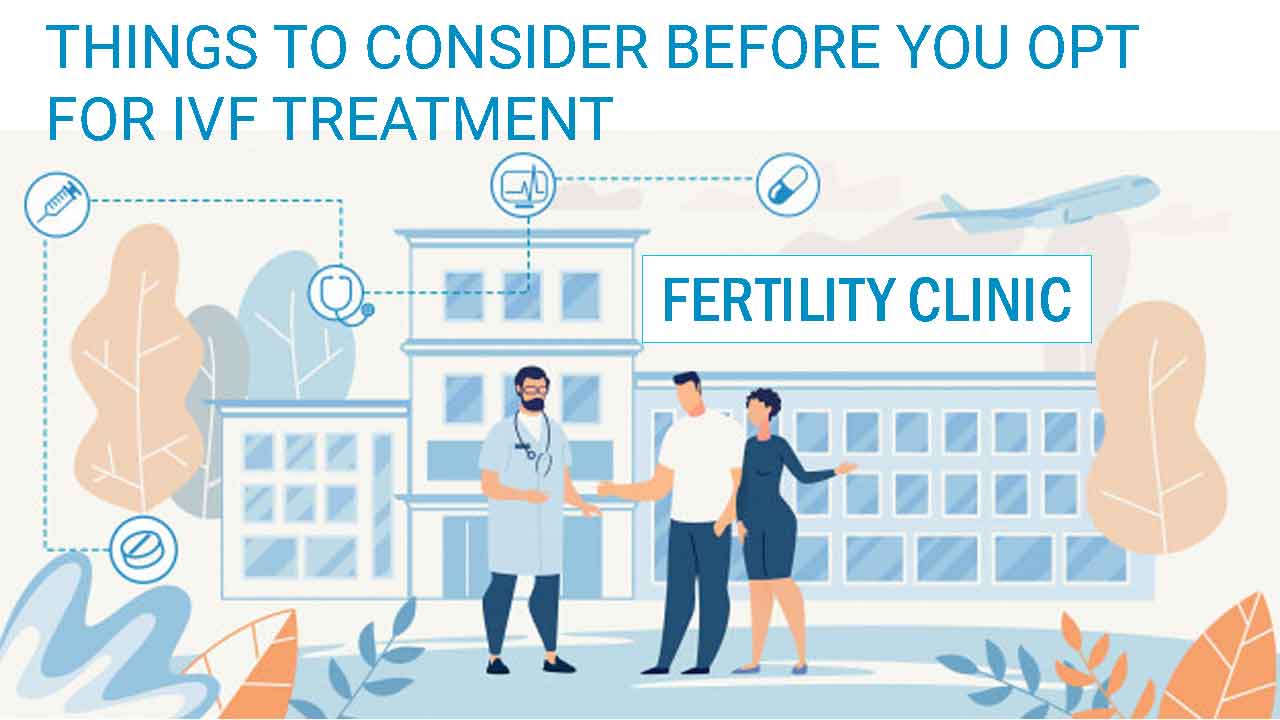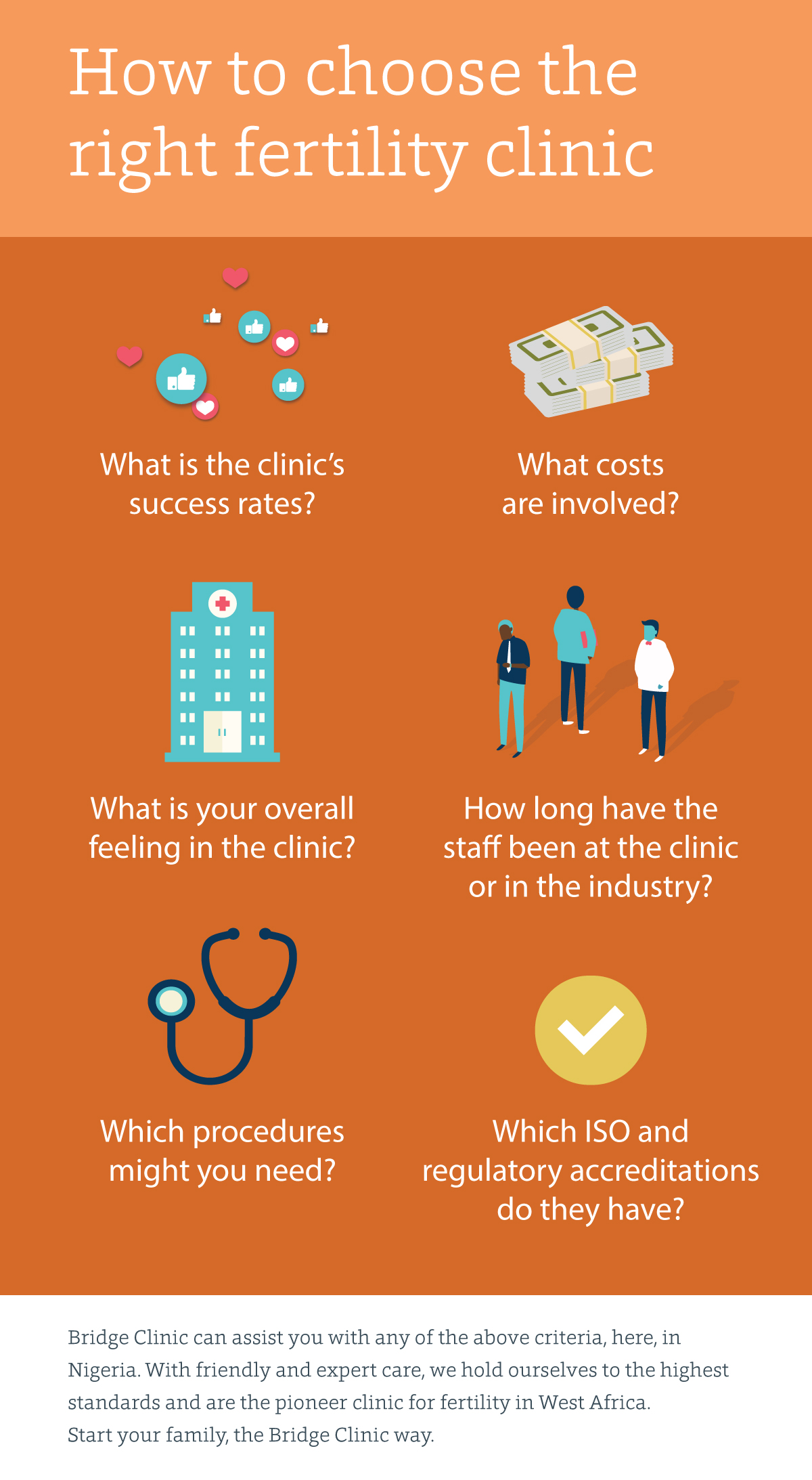All Categories
Featured
Table of Contents
What Is The Best Surrogate Clinics Near Me Albuquerque Nm Software?
Many individuals require fertility support. This includes males and ladies with infertility, lots of LGBTQ people, and single individuals who desire to raise children. An approximated 10% of females report that they or their partners have actually ever received medical help to become pregnant. Despite a requirement for fertility services, fertility care in the U.S.

Most of the time, fertility services are not covered by public or personal insurers. Fifteen states require some personal insurance providers to cover some fertility treatment, but considerable spaces in protection remain. Only one state Medicaid program covers any fertility treatment, and no Medicaid program covers synthetic insemination or in-vitro fertilization.
:max_bytes(150000):strip_icc()/GettyImages_524407757-crop-56a771b23df78cf772960080.jpg)
This indicates that in the absence of insurance protection, fertility care is out of grab many individuals. Less Black and Hispanic females report ever having actually utilized medical services to end up being pregnant than White ladies. This is an outcome of many elements, including lower earnings typically amongst Black and Hispanic ladies along with barriers and misunderstandings that might deter females from seeking support with fertility.
How Much Does It Cost To Have A Ivf Fertility Clinic Albuquerque Nm?
Transgender individuals going through gender-affirming care may also not satisfy requirements for "iatrogenic infertility" that would certify them for covered fertility preservation. Lots of people need fertility help to have children. This could either be due to a diagnosis of infertility, or due to the fact that they remain in a same-sex relationship or single and desire kids.

Fertility treatments are expensive and frequently are not covered by insurance coverage. While some private insurance plans cover diagnostic services, there is extremely little coverage for treatment services such as IUI and IVF, which are more costly. The majority of people who utilize fertility services should pay out of pocket, with costs frequently reaching thousands of dollars.
About 25% of the time, infertility is triggered by more than one element, and in about 10% of cases infertility is unexplained. Infertility quotes, however do not represent LGBTQ or single people who may likewise need fertility assistance for household structure. Therefore, there are different reasons that may prompt individuals to seek fertility care. dumpster rental near me.
What Are The Best The Fertility Group New Mexico Companies?
Client Details Series. 2017 Our analysis of the 2015-2017 National Survey of Household Growth (NSFG) discovers that 10% of females ages 18-49 state they or their partner have actually ever spoken with a physician about ways to assist them become pregnant (data not revealed).3 Among women ages 18-49, the most commonly reported service is fertility recommendations ().
Many patients lack access to fertility services, mostly due to its high cost and limited protection by private insurance and Medicaid. As a result, lots of people who utilize fertility services need to pay out of pocket, even if they are otherwise guaranteed. Expense expenses vary extensively depending upon the client, state of residence, service provider and insurance plan (Dumpsters Plymouth MA).
Figure 3: Fertility Treatments Generally Cost Clients Countless Dollars Insurance protection of fertility services differs by the state in which the person lives and, for people with employer-sponsored insurance coverage, the size of their company. Lots of fertility treatments are not considered "clinically necessary" by insurance companies, so they are not generally covered by personal insurance coverage strategies or Medicaid programs.
Who Has The Best Fertility Clinic Ivf Albuquerque Nm?
g., testing) are more likely to be covered than others (e. g., IVF). A handful of states need protection of fertility services for some fully-insured private strategies, which are regulated by the state. These requirements, however, do not apply to health insurance that are administered and funded directly by employers (self-funded strategies) which cover six in ten (61%) employees with employer-sponsored health insurance.
Two states (CA and TX7) require group health plans to offer at least one policy with infertility coverage (a "required to use"), however employers are not required to pick these strategies. Figure 4: Most States Do Not Need Personal Insurers to Supply Infertility Advantages However, in states with "mandate to cover" laws, these only apply to particular insurers, for certain treatment services and for specific clients, and in some states have financial caps on costs they should cover ().
In other states, nearly all insurance companies and HMOs are consisted of in the mandate (dumpster rental). Many states provide exemptions for little companies (
Latest Posts
What's The Best Ivf Clinics Albuquerque Nm
Who Is The Best Ivf Centers New Mexico Company?
What Are The Top 10 Ivf Fertility Clinic New Mexico?